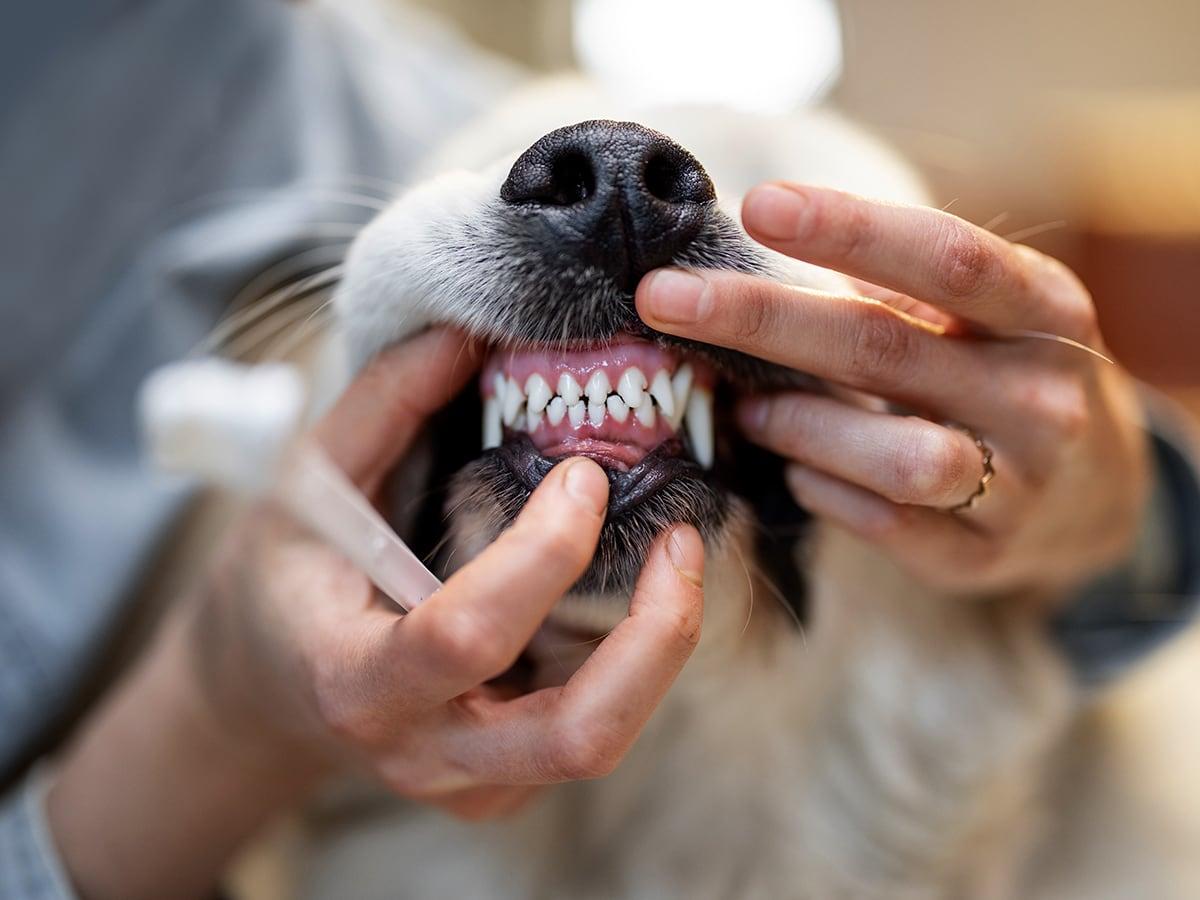When it comes to owning a pet, one of the things that pet owners must consider is the cost of maintaining their pet's health. One aspect of this is dental care, which is just as important for pets as it is for humans. Many pet owners wonder if pet insurance covers dental care, and the answer is: it depends on the policy and the coverage specifics. In this blog, we will explore whether or not pet insurance covers dental care, what types of dental care are covered, and what pet owners can do to help ensure their pets get the dental care they need. Learn more about if pet insurance covers spaying and neutering.
Why Does Pet Dental Care Matter?
Pet dental care is an important aspect of overall pet health. Like humans, pets can develop dental problems such as plaque, tartar buildup, and gum disease if their teeth are not cared for properly. If left untreated, dental problems can lead to more serious health issues for pets, including infections, tooth loss, and damage to internal organs such as the heart and kidneys.
Here are four reasons why pet dental care matters:
Helps prevent dental disease: Regular dental care, including brushing, dental cleanings, and check-ups, can help prevent dental disease in pets. Dental disease can cause pain and tooth loss and can lead to other health problems for pets.
Reduces bad breath: Poor dental hygiene is a common cause of bad breath in pets. Regular brushing and dental cleanings can help reduce bad breath and improve overall oral hygiene.
Protects internal organs: Dental disease can lead to bacteria entering the bloodstream and affecting other organs, such as the heart and kidneys. Good dental care can help prevent these health issues from developing.
Saves money: Regular dental care can help prevent costly dental treatments and procedures in the long run. Treating dental problems early can help avoid more serious and expensive health issues. Learn more about how much pet insurance is and does pet insurance is really worth it.
Overall, good dental care is essential to help ensure the overall health and well-being of pets. Regular dental check-ups, cleanings, and proper dental hygiene can help prevent dental disease, reduce bad breath, protect internal organs, and save pet owners money on expensive treatments in the long run. We would suggest you read how does pet insurance work to get an in-depth knowledge of what it is and how you can benefit from it.
Is Dental Typically Covered by Pet Insurance?
When it comes to dog insurance or cat insurance, coverage for dental care can vary by policy and provider. Some pet insurance providers do offer coverage for certain types of dental care, while others do not. The specific coverage for dental care, if it is available, may also vary by policy. Some pet insurance providers that do offer coverage for dental care may only cover certain treatments for dental accidents and illnesses, such as tooth extractions for accidents, while others may have caps or limits on the amount of coverage available for dental care. Learn more about what does pet insurance cover?
Pet owners should carefully review their pet insurance policy to understand what types of dental care, if any, are covered and what limits or exclusions may apply. Additionally, some pet insurance providers may offer optional routine dental care coverage, which can be added to the base policy for an additional fee. Know more about does pet insurance covers vaccines.
Does Spot Pet Insurance plans cover dental?
Spot accident & illness plans do not include coverage of treatments for dental illnesses or tooth extractions for dental accidents.
Spot does offer preventive care coverage options as an add-on for an additional cost. The Advanced option can help cover the eligible costs of routine dental cleanings along with other routine preventive benefits.
It is important to note that, like other pet insurance providers, Spot’s plans may have specific coverage limits, waiting periods, and exclusions for dental care. Pet parents should carefully review the policy details, including coverage limits and exclusions, to ensure that the policy fits their needs and budget.
What Can Pet Owners Do to Help Ensure Their Pets Get the Dental Care They Need?
Even if a pet insurance plan covers certain dental care, it is important for pet owners to take an active role in helping their pets get the dental care they need. Here are some steps that pet owners can take to help ensure their pets' dental health:
Regular Dental Checkups: It’s recommended that pet owners take their pets for regular dental checkups to help ensure their pets' teeth and gums are healthy. A veterinarian can check for signs of dental disease and provide treatment if necessary.
Brushing: Pet owners can brush their pets' teeth regularly to help prevent dental disease. It is important to use toothpaste that is safe for pets, as human toothpaste can be harmful to pets.
Dental Treats and Toys: Pet owners can give their pets dental treats and toys to help keep their teeth clean. These treats and toys can help remove plaque and tartar buildup on their teeth.
Diet: Pet owners can feed their pets a diet that is designed to promote good dental health. Some pet foods are specifically formulated to promote good dental health, while others may contain ingredients that can help clean teeth.
Preventive Care: Pet owners can take steps to prevent dental disease from occurring in the first place. This may include things like regular dental cleanings, providing appropriate chew toys and treats, and keeping up with routine veterinary care. Know more about whether I should get pet insurance.
In conclusion, whether or not pet insurance covers dental care depends on the specific pet insurance policy. If a pet insurance policy covers dental care, it may cover a variety of different types of dental care. While there are many pet insurance options available, pet owners who are looking for pet insurance may want to consider doing thorough research and choosing a plan that best fits the needs of their pet.

With 15 years as a dog and cat parent, my pet articles are a mix of humor and firsthand experience - proof that the best stories often come with paws and purrs.
The information presented in this article is for educational and informational purposes only and does not constitute or substitute for the advice of your veterinarian.












